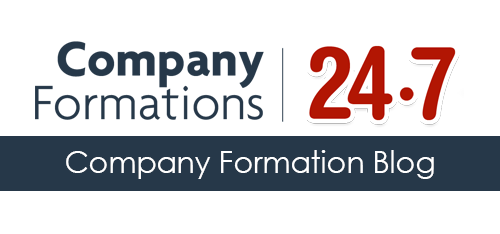Delays in VAT Charges for Construction Services
The government in September 2019 reached an agreement to delay domestic reverse charge VAT for building and construction services until October 2020.
VAT charge for construction services for most work on houses and flats by builders and similar trades like plumbers, plasterers and carpenters is charged at the standard rate of 20%. There are reduced rates of zero rate VAT and 5% VAT if the work being supplied meets certain conditions:
Zero rate VAT
- building a new house or flat,
- working on the homes of disabled people.
Reduced rate VAT – 5%
- installing energy saving products and certain work for people over 60
- converting a building into a house or flats or from one residential use to another
- renovating an empty house or flat
- home improvements to a domestic property on the Isle of Man
We have a special company formation pack that includes VAT registration and a month’s accountancy services for only £39.99. Register your construction company today here!
Domestic Reverse Charge VAT for building and construction
From the 1st October 2020, a major change to the way VAT is collected in the building and construction sector will come into effect. The change, called the VAT domestic reverse charge moves the onus on paying the VAT to HMRC from the supplier to the client receiving the service. The new reverse charge applies between businesses in the construction supply chain and not to the end/final consumer.
The principle aim of the new VAT reverse charge is to combat missing trader fraud, where VAT charged to a customer is not reported and paid over to HMRC. It is hoped that this will to stop fraud worth over £100 million per annum.
What type of building works are affected by VAT reverse charges?
The type of work which will fall within the reverse charge includes construction, alteration, repair, extension and demolition of buildings. It also applies to works that form part of the land, like roads, railways, sewers and coastal defences. It will also cover the installation of systems for heating, ventilation, drainage and preparatory services. Services that will not be affected include architect services and the manufacture of building components, materials and plant.
Will the new VAT domestic reverse charge affect a company’s VAT threshold?
The VAT reverse charges do not mean that construction subcontractors can avoid being VAT registered where they do not meet the threshold. The rules regarding VAT registration remain the same as any other sector (currently £85,000 turnover per annum) and they must still issue a VAT invoice stating they are subject to the reverse charge.
These changes add a new burden to those in the construction industry to ensure they do not pay VAT to a subcontractor in circumstances where they should be reverse charging. This responsibly should be taken seriously as the financial implications of paying this VAT over to HMRC at a later date would be significant. The construction contractor will also need to know whether they are dealing with the final customer because the reverse charge only applies between businesses in the construction supply chain and not to the end/final consumer.
If you are unsure about any of the changes, you should speak to a tax advisor or accountant to clarify your situation.
Our preferred accounting partner is Cobia accountants, we have a special introductory offer for our clients of a free accountant callback to answer your questions and a free month of their services, so you can try before you buy!
Simply check the box when you form your company and they will contact you. Alternatively, call or email our customer support and they can arrange the callback for you:
Call us free on 0808 168 3676 or email us at info@companyformations247.co.uk



